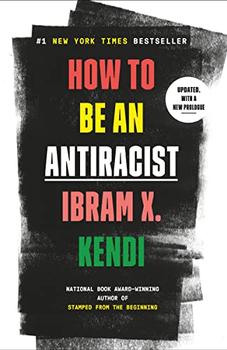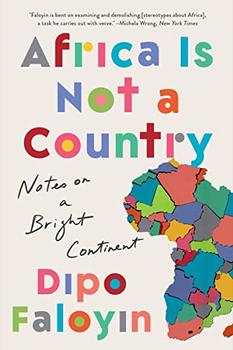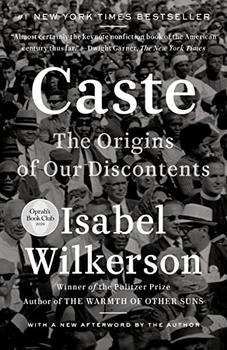Summary | Excerpt | Reading Guide | Reviews | Beyond the book | Read-Alikes | Genres & Themes | Author Bio

From the National Book Award–winning author of Stamped from the Beginning comes a bracingly original approach to understanding and uprooting racism and inequality in our society - and in ourselves.
"The only way to undo racism is to consistently identify and describe it—and then dismantle it."
Ibram X. Kendi's concept of antiracism reenergizes and reshapes the conversation about racial justice in America—but even more fundamentally, points us toward liberating new ways of thinking about ourselves and each other. In How to Be an Antiracist, Kendi asks us to think about what an antiracist society might look like, and how we can play an active role in building it.
In this book, Kendi weaves an electrifying combination of ethics, history, law, and science, bringing it all together with an engaging personal narrative of his own awakening to antiracism. How to Be an Antiracist is an essential work for anyone who wants to go beyond an awareness of racism to the next step: contributing to the formation of a truly just and equitable society.
Kendi continues interspersing the personal with the political throughout the text. He recounts the early stages of his parents' relationship and incidents from his own life, and in doing so, he charts the history of racism and Black activism from the 1970s to the present. The author's contextualizing of the impact of systemic racism within his own life story is compelling and persuasive; his personal examples serve as proof of his claims regarding how racism affects Black people, and also invite the reader to conduct self-examination. Kendi demonstrates how antiracism is a lifelong commitment one must actively choose on a daily basis, and also how that choice is not only necessary but richly rewarding...continued
Full Review
 (864 words)
(864 words)
(Reviewed by Lisa Butts).
In How to Be an Antiracist, Ibram X. Kendi recalls his adolescence during the 1990s, frequently referencing comments made and policies enacted by President Bill Clinton. Author Toni Morrison famously called Clinton the "first Black president," a fairly controversial comment that was nevertheless frequently repeated by Clinton supporters who interpreted it as a straightforward compliment. Morrison was referring to the president's background growing up in poverty as the child of a single mother and the way he was vilified for engaging in sexual misconduct while in office, but many embraced the notion that he was a friend and ally to Black Americans.
Yet, as Kendi points out, Clinton often failed the Black community and did so in a manner ...

If you liked How to Be an Antiracist, try these:

by Dipo Faloyin
Published 2023
An exuberant, opinionated, stereotype-busting portrait of contemporary Africa in all its splendid diversity, by one of its leading new writers.

by Isabel Wilkerson
Published 2023
The Pulitzer Prize–winning, bestselling author of The Warmth of Other Suns examines the unspoken caste system that has shaped America and shows how our lives today are still defined by a hierarchy of human divisions.
If every country had to write a book about elephants...
Click Here to find out who said this, as well as discovering other famous literary quotes!